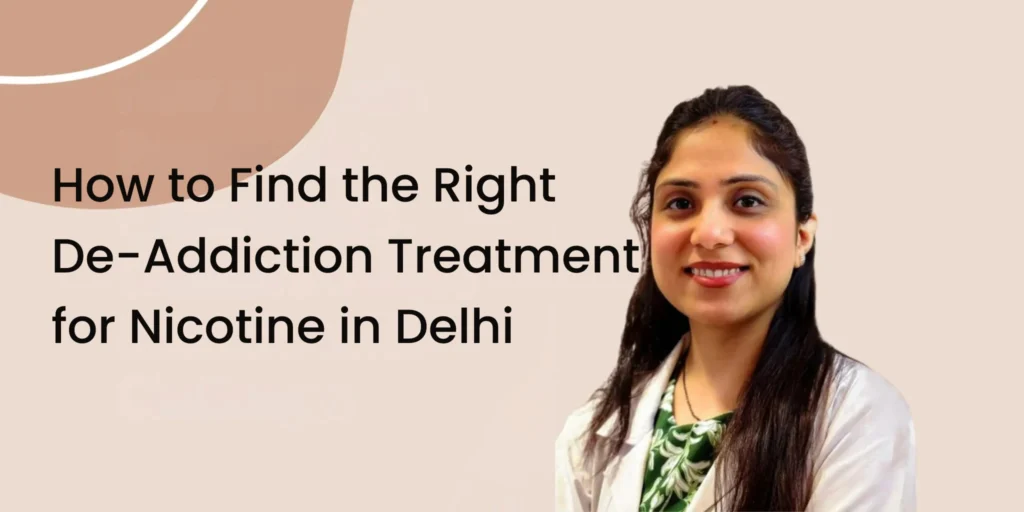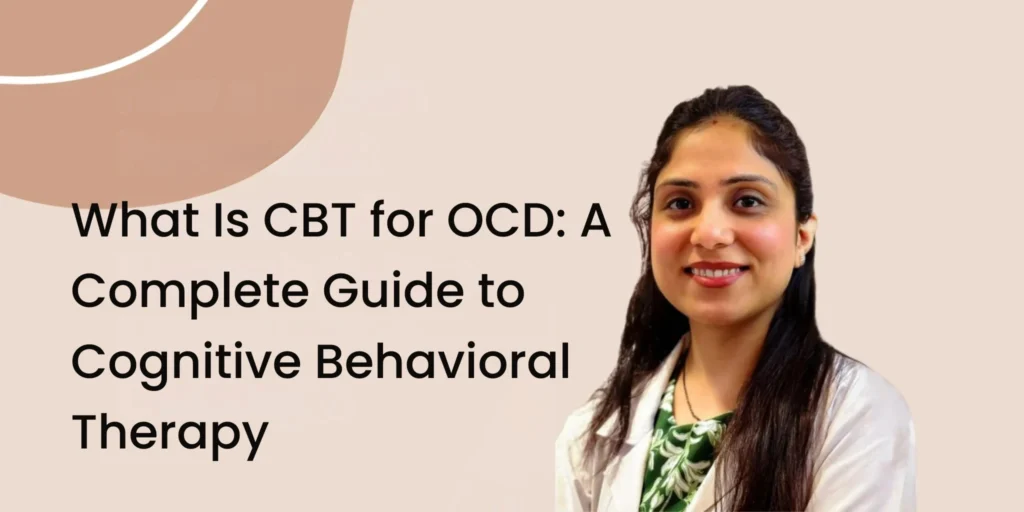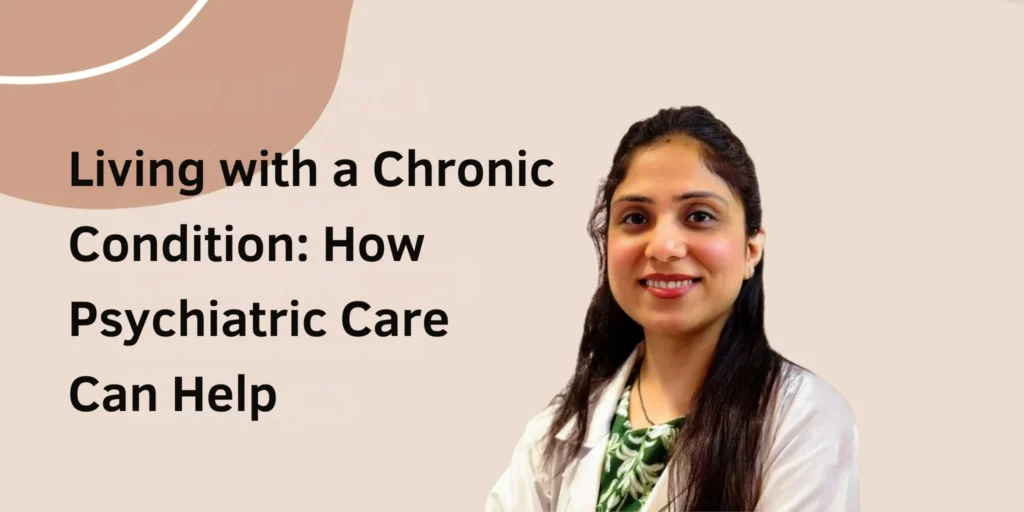10 Anxiety Management Techniques That Work Instantly (Backed by Science & Real-Life Results)
10 Anxiety Management Techniques That Work Instantly (Backed by Science & Real-Life Results) Anxiety has become one of the most common mental health struggles in today’s fast-paced world. Whether it’s work pressure, relationship issues, or just the general chaos of life, feeling overwhelmed has almost become normal. But here’s the truth — anxiety is manageable, and you don’t always need medication or complex therapy sessions to feel better in the moment.Sometimes, simple techniques practiced consistently can calm your mind instantly. In this blog, we’ll explore 10 anxiety management techniques that work—methods that are practical, fast-acting, and backed by psychology, mindfulness, and neuroscience. These are not random hacks; they are effective anxiety management techniques you can use anytime, anywhere, without any tools. Let’s dive in. 1. The 4-7-8 Breathing Method (Instant Relaxation Technique) If you’re looking for proven ways to reduce anxiety, this technique—popularized by Dr. Andrew Weil—should be your go-to.It quickly activates your parasympathetic nervous system (the “rest and digest” mode). How to practice: Inhale for 4 seconds Hold your breath for 7 seconds Exhale slowly for 8 seconds Repeat this cycle 4 times. Why it works:This breathing pattern slows your heart rate, reduces stress hormones, and improves oxygen flow to the brain. Within 30–60 seconds, you start feeling noticeably calmer. Great for: sudden anxiety, panic attacks, stressful meetings, or before sleep. 2. Grounding Technique (5-4-3-2-1 Method) When anxiety hits, your thoughts spiral out of control. The grounding technique brings your brain back to the present moment using your senses. Do this: 5 things you can see 4 things you can touch 3 things you can hear 2 things you can smell 1 thing you can taste This is one of the best coping strategies for anxiety, especially for people experiencing overthinking, panic, or a feeling of losing control. Why it works:It disrupts the anxious thought cycle, pulls your focus away from fear, and anchors you in reality. 3. Progressive Muscle Relaxation (PMR) Anxiety often shows up physically: tight shoulders, clenched jaw, stiff neck, or a racing heart.Progressive Muscle Relaxation releases this tension instantly. How to do it: Start from your toes Tighten the muscles for 5 seconds Release for 10 seconds Move upward through your legs, stomach, arms, and face This technique sends a strong signal to your nervous system that your body is safe, making it one of the most effective anxiety management techniques for physical symptoms. 4. The “Name It to Tame It” Technique Created by psychiatrist Dr. Daniel Siegel, this involves labeling your emotions to reduce their power. Say aloud or in your mind: “I am feeling anxious.” “I am overwhelmed.” “I am stressed because…” Why it works:Naming your emotion shifts brain activity from the emotional centers to the logical centers.This gives you control, making the emotion feel smaller and manageable. If you want anxiety management techniques that work instantly, this simple practice should be on your list. 5. Cold Splash or Ice Therapy This is one of the fastest natural anxiety relief methods because it physically resets your nervous system. Try: Splashing cold water on your face Holding an ice cube in your hand Using a chilled face roller Why it works:Cold activates the “dive reflex,” which reduces heart rate and slows down stress signals, helping your mind calm down within seconds. 6. Mindful Distraction (30-Second Rule) Contrary to popular belief, distractions aren’t bad—mindful distractions are actually powerful when anxiety becomes overwhelming. Try: Solving a quick puzzle Rearranging your desk Counting backwards from 100 Doing 10 jumping jacks Watching a funny 10-sec reel This quickly interrupts the anxiety cycle. Why it works:Your brain cannot focus on two tasks with high intensity at the same time.A quick distraction gives your mind breathing room to reset. This is one of the most proven ways to reduce anxiety when thoughts are spiraling fast. 7. Aromatherapy for Instant Calm Smell is directly connected to the emotional center of the brain.Using natural scents can provide immediate relief. Best essential oils: Lavender Chamomile Jasmine Peppermint Sandalwood Even inhaling your favorite perfume can work. Why it works:Scent reduces cortisol levels and helps your brain shift into a calmer state, making aromatherapy one of the simplest natural anxiety relief methods. 8. Tapping (EFT – Emotional Freedom Technique) EFT is a scientifically supported method involving tapping on specific acupressure points while acknowledging your emotions. Try tapping on points like: Above your eyebrow Side of your eye Under your nose Collarbone area While tapping, say: “Even though I feel anxious, I accept myself.” Why it works:Tapping regulates emotional centers and stimulates pressure points, making this one of the fastest effective anxiety management techniques used in therapy sessions globally. 9. The 60-Second Visualization Method Close your eyes and imagine: A peaceful beach A serene mountain Your happiest memory Someone you love giving you a reassuring hug Visualization is a mental shortcut to relaxation. Why it works:Your brain cannot differentiate between real and imagined experiences.When you imagine calm, your body responds with calm. If you want anxiety management techniques that work, visualization takes less than a minute and works every time. 10. The “Small Step” Technique (Action Reduces Anxiety) One of the biggest causes of anxiety is feeling stuck or helpless. Taking a tiny action restores a sense of control. Examples: Respond to one email Drink a glass of water Make your bed Write a small to-do list Step outside for one minute Why it works:Action overrides anxiety.Even a small step signals progress, which reduces fear, tension, and overwhelm. This is one of the most underrated coping strategies for anxiety, especially for people dealing with work or life stress. Long-Term Bonus: Build a Daily Anxiety-Proof Routine While the above techniques give instant relief, long-term consistency creates lasting emotional stability. Try adding: ✔ 10 minutes of meditation✔ Daily sunlight exposure✔ Regular exercise✔ Balanced diet with magnesium & omega-3✔ Sleep hygiene✔ Reducing caffeine These habits reinforce your mind’s ability to stay calm naturally. Final Thoughts: Anxiety Is Manageable — You Just Need the Right Tools Anxiety doesn’t have









